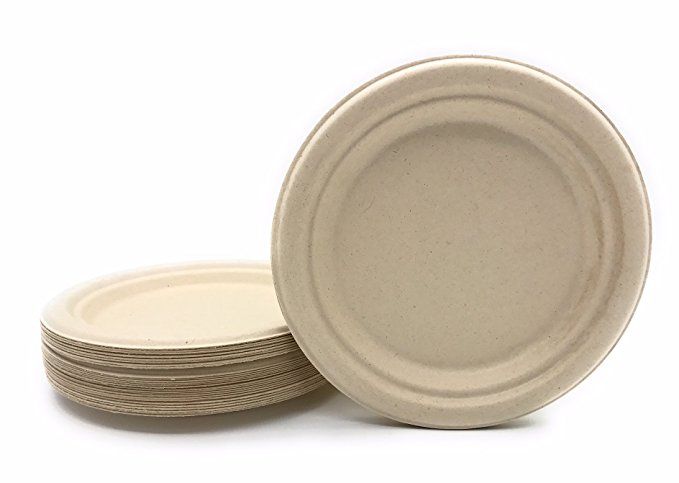Biodegradable polymer materials based on starch
Starch is a natural polymer that has many advantages and disadvantages at the same time. Some synthetic polymers are biodegradable and can be made easily. Therefore, by combining synthetic polymers and starch, completely biodegradable polymers based on starch are produced, which have countless applications in medical and environmental fields.
For this reason, this topic has been widely studied and studied. Industrial polymers have been widely used in various human activities since the time of Hermann Staudinger. These synthetic macromolecules are usually derived from petroleum materials, whose conventional type is non-degradable. However, our oil resources are limited and the use of non-degradable polymers has created serious environmental problems.
علاوه بر این ، این نوع پلیمرها برای استفادههای موقتی (در پزشکی) چون نخ بخیه مناسب نیستند. بدین ترتیب، مواد پلیمری که قابل تجزیه و یا به عبارتی زیست تخریب پذیر بوده از دهه ۱۹۷۰ به بعد مورد توجه بیشتری قرار گرفته اند. هر دو پلیمرهای طبیعی و مصنوعی که پیوندهای ناپایدار هیدرولیتیکی یا آنزیمی دارند، قابل تجزیه میباشند.از جمله مزایا پلیمرهای مصنوعی میتوان به دسته دسته بودن و یکنواختی آنها اشاره نمود. با این وجود ، این پلیمرها بسیار گران می باشند که این قضیه به ما یادآوری میکند که بر پلیمرهای طبیعی تمرکز کرده که ذاتا زیست تخریب پذیر بوده و میتوانند کاربردهای زیادی داشته باشند.
However, our oil resources are limited and the use of non-degradable polymers has created serious environmental problems. This polymer is regenerated from carbon dioxide and water through photosynthesis in plants, and due to its complete biodegradability, low cost and ability to regenerate, it can be used as a suitable alternative in the development of sustainable materials. Many efforts have been made to develop starch-based polymers in order to conserve petrochemical resources and cause less damage to the environment.
Biodegradable polymers based on starch are widely used in food industry and food packaging. Food packaging has several important functions, including protecting the food, preserving the sensory, appearance and quality of the food and reducing food waste. Old packaging containers such as code 4 resin (LDPE) have problems of environmental pollution and degradability in nature. Biodegradable polymers based on starch, which are used in disposable vegetable containers, are a suitable alternative for food packaging and overcoming these disadvantages and maintaining the advantages of old packaging.
Starch-based polymer materials developed in the above article have been investigated so that they have more mechanical properties and prevent the penetration of polymer particles and additives in food. The sheets obtained by using these starch polymers are odorless, tasteless, colorless, non-toxic and biodegradable. They are almost impermeable to oxygen in low relative humidity and are recommended for food packaging. In addition, starch is converted into polystyrene foam by water vapor, which can be used as a packaging material. It can also be made into compressed trays or disposable plant containers that are dissolved in water and turned into a non-toxic solution in water that are used in the microbial environment. It is clear that biodegradable starch polymers are attractive for the food industry and will make significant progress in the future.
The above article briefly introduces the structure, characteristics of starch and some synthetic degradable polymers. Then, recent advances in the preparation of this type of biodegradable polymer through chemical and physical modification and synthesis will be reviewed and discussed. Finally, some practical examples are mentioned to show that this type of composite polymers has different applications and its use and development is a suitable solution to reduce the consumption of petroleum resources and the environment. Studying this article can also be useful for making and improving the formula for the production of disposable vegetable containers.

